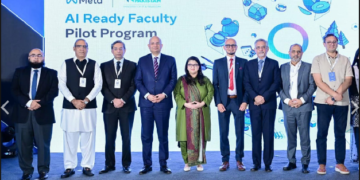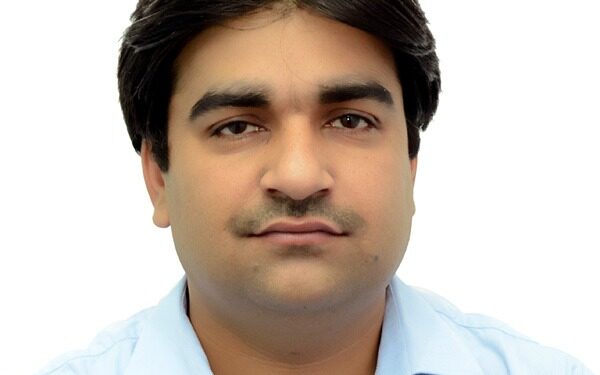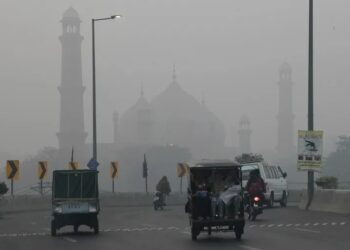Over the past two decades, the global prevalence of tobacco use among adults (aged 15 and above) has significantly declined. According to the World Health Organization’s “Global Report on Trends in Prevalence of Tobacco Use 2000–2030,” the proportion of tobacco users worldwide decreased from 32.7% in 2000 to 20.9% in 2022, marking a 36% relative reduction. This achievement is largely attributed to the coordinated efforts stemming from the WHO Framework Convention on Tobacco Control (FCTC), a global treaty designed to strengthen national and international responses to the tobacco epidemic.
However, in Pakistan, the situation remains concerning. Despite being the fifth most populous country globally, the tobacco burden remains heavy. As of 2024, an estimated 31.6 million adults, or nearly 20% of the adult population, use tobacco in some form. The adult smoking prevalence stood at 12.4% in 2023, with a stark gender divide: 22.2% among men and just 2.1% among women.
Tobacco use remains a leading cause of preventable deaths in Pakistan, accounting for approximately 170,000 deaths annually, which translates to about 465 deaths per day. The economic burden is equally severe, with tobacco-related diseases costing the country over PKR 615 billion (1.6% of GDP) each year.
From June 23 to 25, 2025, Dublin, Ireland, will become the center of the global fight against one of the world’s deadliest public health threats: tobacco. The World Conference on Tobacco Control (WCTC), formerly known as the World Conference on Tobacco or Health (WCTOH), will bring together experts, advocates, researchers, and policymakers from over 100 countries including Pakistan to accelerate efforts to end the tobacco epidemic. Hosted by the International Union Against Tuberculosis and Lung Disease (The Union) and supported by Bloomberg Philanthropies, this landmark event is more than just a conference—it’s a rallying call for urgent, coordinated action in the face of a global health crisis that claims more than 8 million lives each year.
The 2025 conference arrives at a critical moment. Despite major strides over the past two decades—stronger policies, higher tobacco taxes, widespread smoke-free laws, and graphic warning labels—progress is uneven, and the tobacco industry remains relentless in its tactics. In many low- and middle-income countries, smoking rates are still alarmingly high, and emerging addictive tobacco products such as nicotine pouches, e-cigarettes and heated tobacco are fueling new forms of addiction, especially among youth.
WCTC 2025 offers a timely opportunity to refocus the global agenda, share evidence-based solutions, and confront the evolving challenges of tobacco use. Sessions will spotlight everything from litigation and regulation to youth prevention, corporate accountability, and the intersection between tobacco control and climate action. It will also serve as a vital networking hub for grantee partners and grassroots leaders who are driving real change on the ground.
What sets this conference apart is its spirit of collaboration. Tobacco control has always required more than health sector engagement—it demands cross-sector alliances, political will, and community leadership. Whether through public health campaigns or policymaking, global solidarity is key to overcoming the tobacco industry’s transnational influence.
As Dublin prepares to welcome the world, the message is clear: the fight against tobacco is far from over—but with unity, evidence, and determination, it is winnable. Ireland once led by example, and in 2025, it will again play host to a global movement aiming to secure a tobacco-free future for generations to come.
By Dr. Khalil Ahmad Dogar
The writer is a child rights activist and public health advocate, currently working as a Program Manager at the Society for the Protection of the Rights of the Child (SPARC)
My Lahore was not like this
Written by Muhammad Mohsin Iqbal I take pride in being from Lahore, a city renowned worldwide as the city of...

























